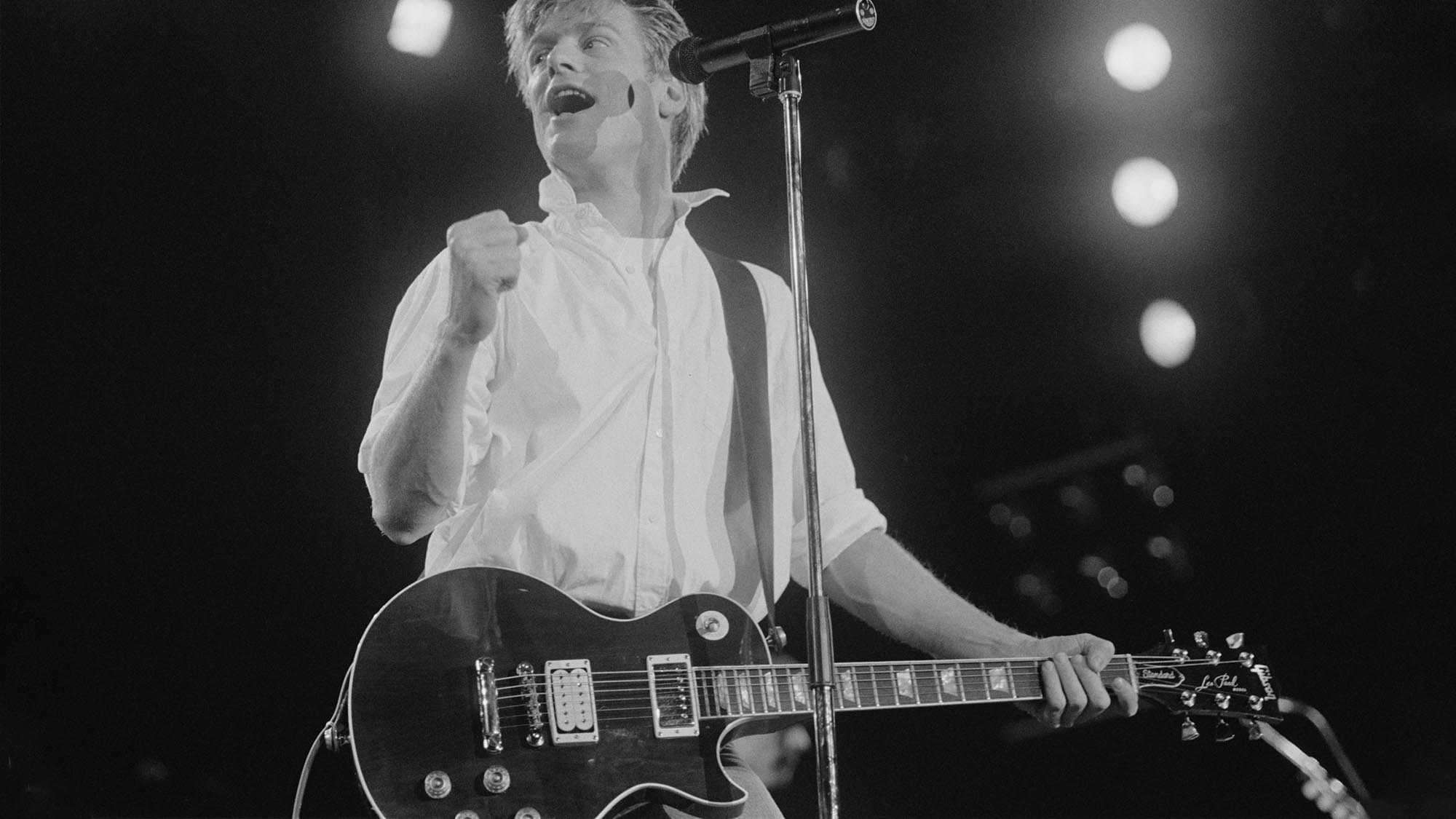
Join us for our traditional look back at the news and features that floated your boat this year.
Best of 2024: There’s one drawback to writing a globally successful pop/rock anthem – no matter how long ago you released the song, TV presenters and journalists will still be asking you about it decades later. Such was the case with Bryan Adams, whose soaring anthem Summer Of ‘69 was seemingly everywhere in the mid-1980s.
In an interview on the Australian TV talk show Today Extra on the morning of 24 March, 2022, hosts David Campbell and Belinda Russell were interviewing Adams about his new album, Happy It Hurts, when Russell shifted the conversation on to Adams’ monster mid-80s hit.
“1969 though,” began Russell chirpily, as the song’s official video flashed up on screen, “it was a pretty big year in history – the moon landing, Woodstock – but you were just a kid back then so what is the story behind ‘Summer of ’69’?”
What followed is a masterclass in how to shut down a line of questioning without seeming too impolite: “I don’t want to talk about that,” replied Adams with a smile. “I want to talk about the new album. That’s why I’m here.”
And that was the end of that. The video vanished, the new album cover flashed up, everyone kept smiling and the promo objective was back on track. Not for nothing has Adams been called the nicest man in rock music but even he, it seems, has his limits.
In reality, Bryan Adams has been affably answering questions about Summer Of ’69 for four decades now and is acutely aware of its importance in helping cement his reputation as one of the best-selling musical artists of all time.
Summer Of ’69 was a monster hit, one of six singles from his blockbuster fourth album Reckless (1984). Released in an age of big hair and digital synths, it was a lean, straightforward slice of pop-rock with gargantuan sound and killer hooks. It spoke of freedom, youth and boundless possibilities. Four decades on from its recording, the Summer Of ’69 has lost none of its appeal.
No-one was quite prepared for how colossally successful Adams would become when the Reckless album was released on 5 November, 1984.
As Dave Everley wrote in a 2014 piece in Classic Rock magazine: “If it didn’t quite come out of the blue, the scale of its success was still unexpected. The man who made it wasn’t bombastic enough to be Springsteen, not gritty enough to be Bob Seger, too damn Canadian to be an all-American hero.
“What he did have was a set of killer songs: concise blue-collar anthems with just the right mix of meat and melody to appeal to the streets and the suburbs.”
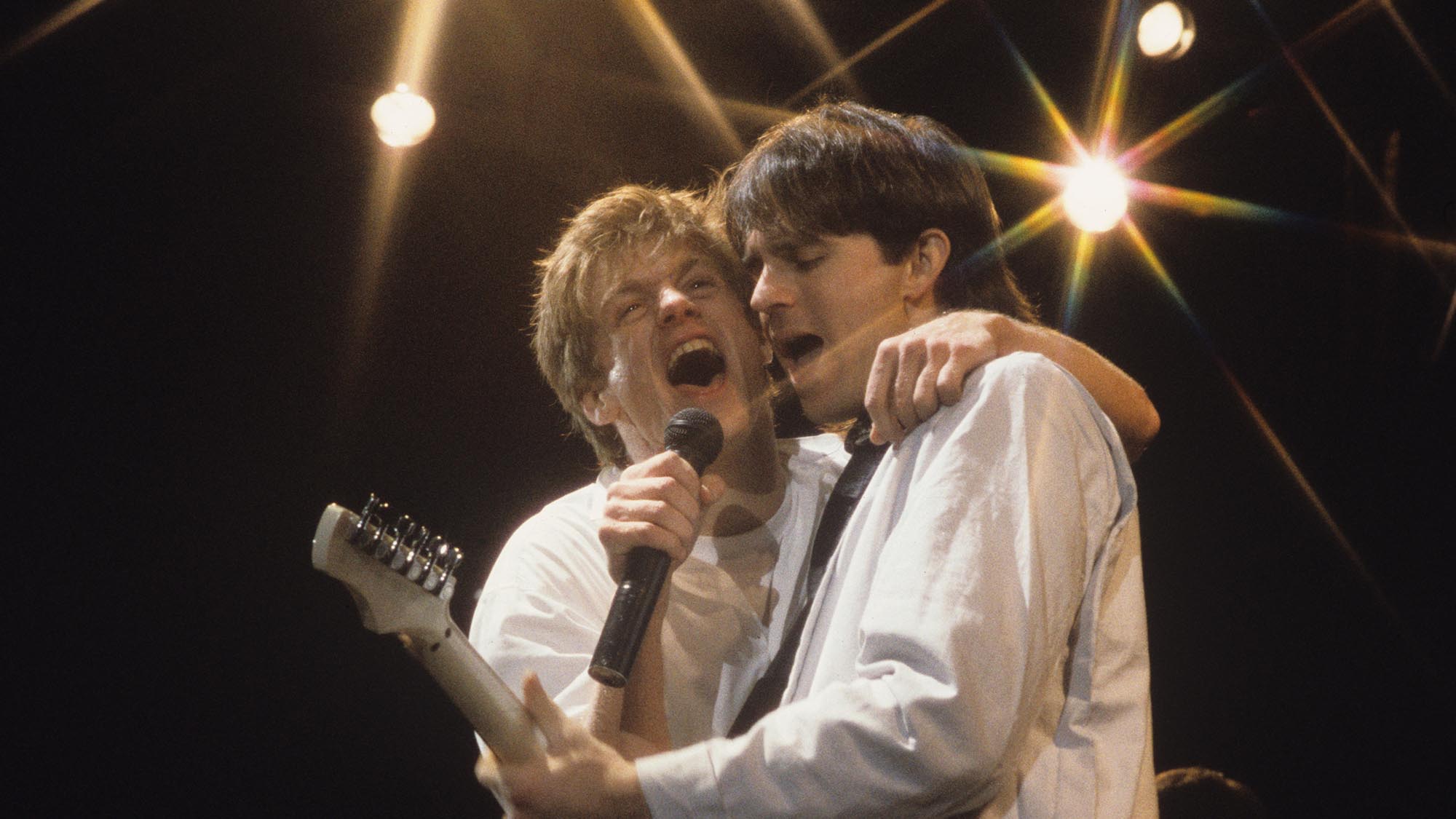
Adams’ ‘regular guy’ persona resonated with his burgeoning fanbase, but his background is far from ordinary.
His parents were from Plymouth, England, and his father was an officer from the Royal Military Academy Sandhurst who had joined the Canadian Army before becoming a diplomat in the Canadian foreign service. His father’s overseas postings meant that Bryan and his younger brother Bruce attended schools in Lisbon, Vienna and Israel.
Adams was born in 1959 in Kingston, Ontario, but the family later relocated to Vancouver. By the age of 15 he had dropped out of school to join a band called Shock and one year later was working as a session singer in the Vancouver music scene. He was drawn to bands such as Creedance Clearwater Revival and Deep Purple and one year later, he joined a glam rock band called Sweeney Todd, as lead vocalist.
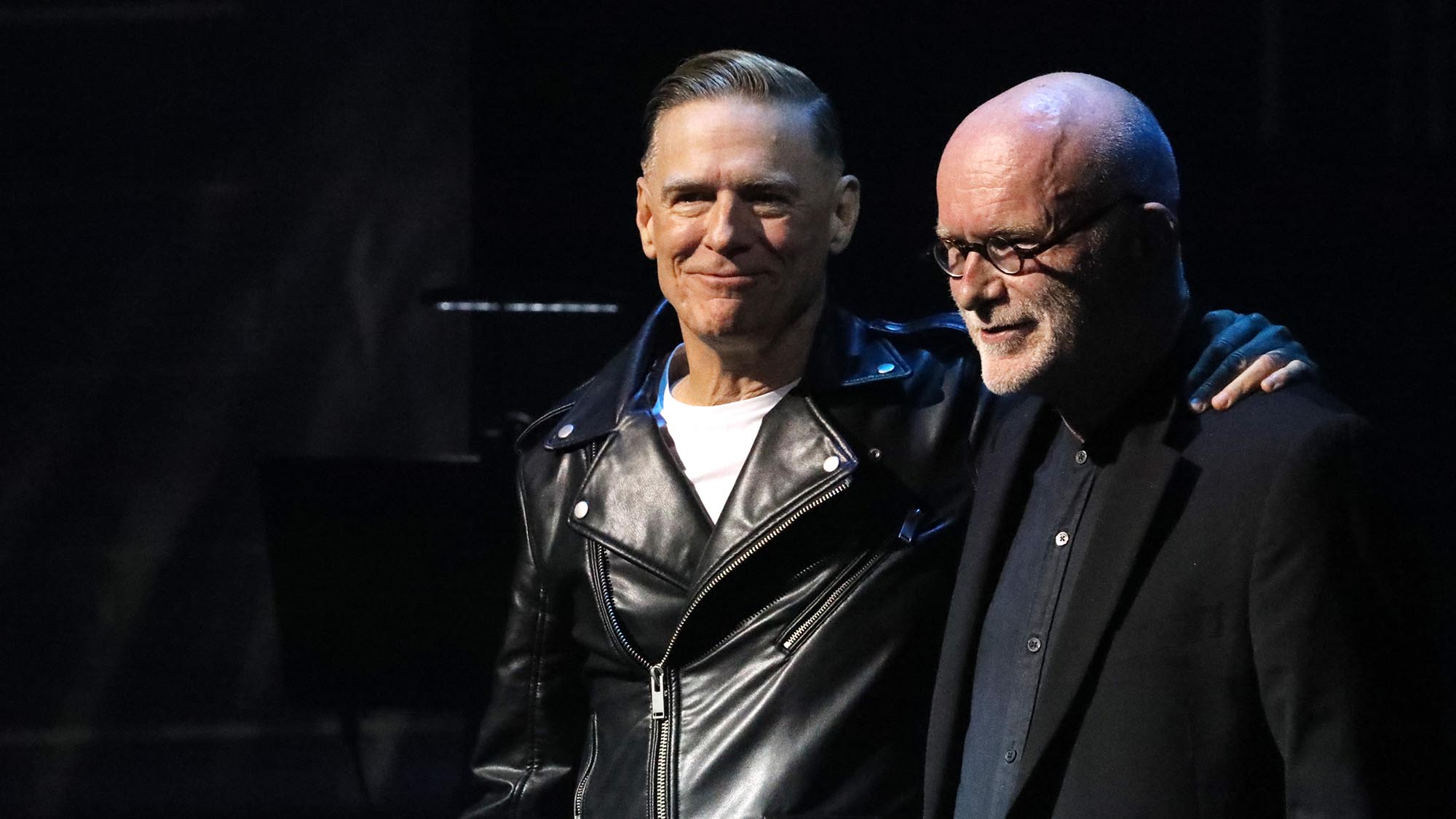
In 1978, Adams was in a Vancouver musical instrument store when was introduced by a friend to Jim Vallance, a former drummer five years his senior. Vallance had decided to focus on a career as a studio musician and songwriter.
Jim had a great track record for a young musician in Vancouver, and there weren’t many people with that kind of pedigree
Bryan Adams
“Jim had a great track record for a young musician in Vancouver, and there weren’t many people with that kind of pedigree,” Adams told John Earls of Classic Pop magazine in August 2019. “I’d done studio work, so I knew about Jim. But he was hiding behind an alias, Rodney Higgs, for his songwriting… When I realised Jim was the same guy and twice as talented as I thought, I said, ‘We should definitely write together!’”
The pair agreed to meet at Vallance's home studio a few days later. So began a long and prolific songwriting partnership, co-writing on Adams’ future albums as well as for artists such as Kiss, Tina Turner and Rod Stewart.
By the end of that year, their co-writes and recordings had landed Adams a record deal with A&M Records. His eponymous debut album was released in 1980 and was followed in 1981 by You Want It You Got It.
Both were minor successes but the third album Cuts Like A Knife (1983) was the real game-changer for Adams. This was his breakthrough album and it yielded four radio hits, including Straight From The Heart, which was covered later that year by Bonnie Tyler.
By the time recording began for the fourth album Reckless, expectations were high. Like the preceding album, this was produced by Bob Clearmountain and Adams.
Two studios were used: Power Station in New York and Little Mountain in Vancouver. Recording began in June 1983 and it was December of that year when Bryan Adams and Jim Vallance sat down in Vallance’s basement studio to write the song that would become Summer Of ‘69. By then, Adams’ live schedule was intense and that year, he had spent 283 days on the road.
Adams’ reputation was growing but he needed a hit, a signature song that would cement his success.
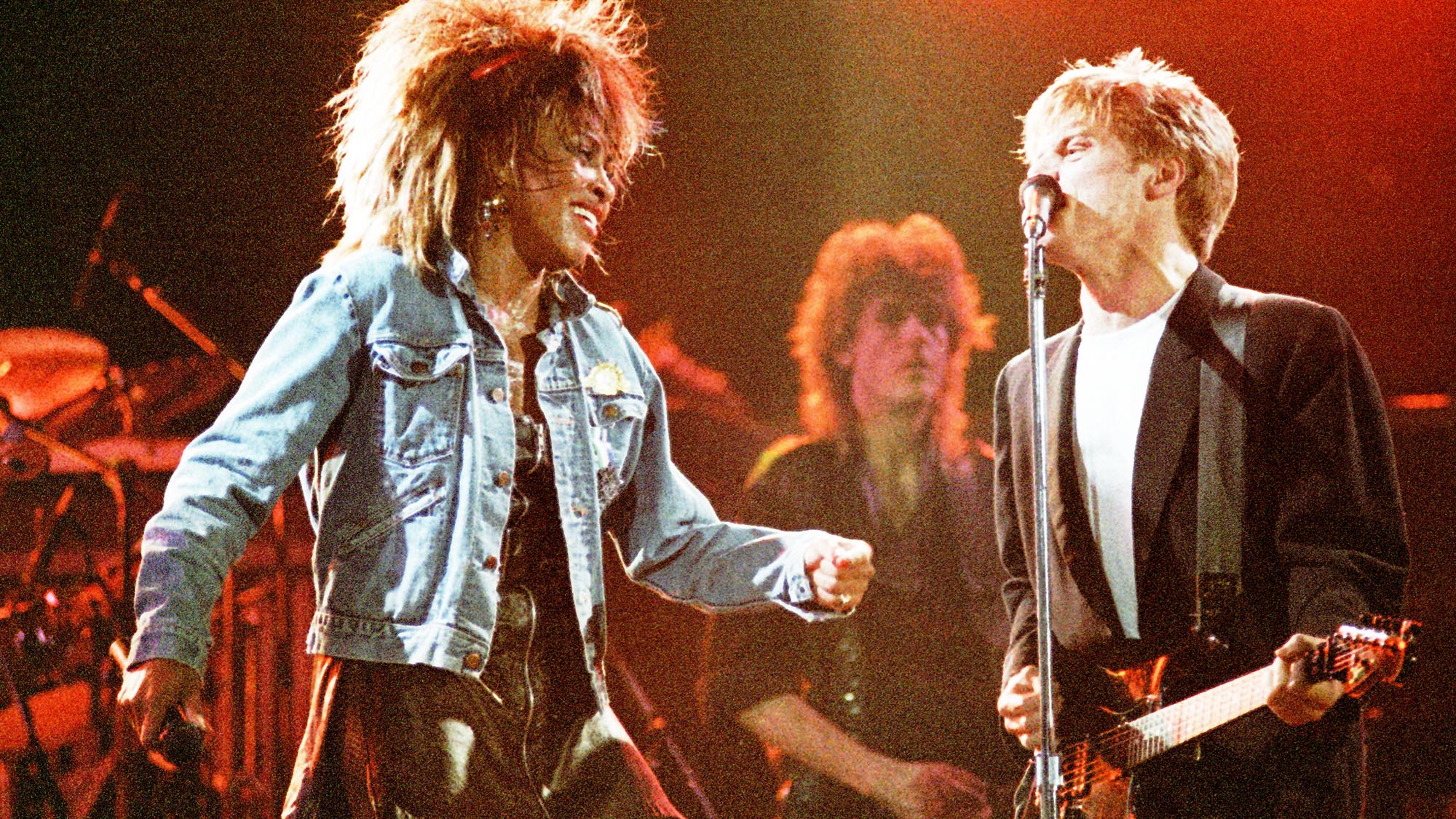
“I had no idea it would become such a classic,” Adams told Henry Yates in a piece first published in Classic Rock magazine in 2005, “Originally, the song had been called The Best Days Of My Life, but we had always played around with the idea of writing a song about summertime. At one point while we were doing the demo, I just threw in the lyric ‘It was the summer of 69’ and it stuck. And the guitar intro is about the only thing I can play, so that was pretty easy.”
Carefree coming-of-age teenage moments pervade the lyrics and as Jim Vallance recalled, he and Adams brought elements from their own lives to the song.
Each line of lyric kind of resulted from maybe a 10-minute chat about something, you know, first girlfriends, first kisses
Jim Vallance
“We each had our version of our favourite summer from our teen years and incorporated those memories and those thoughts into the lyric,” recalled Vallance on the Music Night at the Majestic web series in 2021. “Each line of lyric kind of resulted from maybe a 10-minute chat about something, you know, first girlfriends, first kisses.”
The first lines of the lyric set the scene and draw the listener in. “I got my first real six-string / Bought it at the five-and-dime / Played it 'til my fingers bled / Was the summer of '69”.
The characters in the ‘Jimmy quit, Jody got married’ line are real. “Jimmy is a drummer who quit the band and Jody [Perpik] is still my soundman on tour after 25 years,” Adams told Classic Rock magazine. “The imagery in the song is about romance, nostalgia, being a struggling musician and making love.”
It’s widely assumed that the title of the song refers to the year 1969. Not so, as Adams explained when he and his band appeared on CBS’s The Early Show in 2008: “It’s more about making love in the summertime. It uses 69 as a sexual reference.”
He elaborated on this in the interview with Yates for Classic Rock. “There is a huge misconception that this song is about 1969, but it’s not. The reason I chose 69 is because of the sexual position.”
When it came to recording the song, Adams was determined to make a statement. “I wanted to capture a special energy on the track – and nearly lost my team doing it,” Adams told Yates. “I basically fought with everyone until it became the way it is today. It wasn’t easy getting it there.”
The whole Reckless album is a showcase for the multi-layered guitars of Canadian guitarist Keith Scott and this song is a prime example. Summer Of ‘69 sounds massive. Pat Steward’s snare and toms have the kind of colossal ‘whoomp’ you would expect from a mid 80s pop/rock anthem, while Tommy Mandel on keys provides the strident circular synth motif before the start of each verse.
They recorded it three times, working on it for weeks and started with a 12-string guitar riff before dropping that for the straightforward six-string chug. The one element that really makes the song fly is Adams’ vocal, a stunning performance, on which his huge, gritty powerhouse of a voice is soaked in attitude and conviction.
A descending chord sequence from B min to A major injects epic emotion. “Standing on your mamma’s porch,” sings Adams, “you told me that you’d wait forever”.
At the bridge, one minute and forty seconds in, the song switches from D major to F major and the whole thing powers up. “Man we were killing time / We were young and restless / Needed to unwind / I guess nothing could last for ever, for ever”.

For all its pristine production, Summer Of ‘69 has the core element that all great records possess – an outstanding live performance in the studio. Adams’ determination to “capture a special energy” had paid off.
The recording of the song was completed on 25 January, 1984 and the Summer Of ‘69 was the opening track on side two of the Reckless album, which was released on 5 November 1984. The song was released on 17 June, 1985.
In its list The 500 Greatest Songs Since You Were Born, Blender magazine ranked the song 70th, observing that the Summer Of ’69 “made people who hadn't yet had either a first love or a first band nostalgic for the experience”.
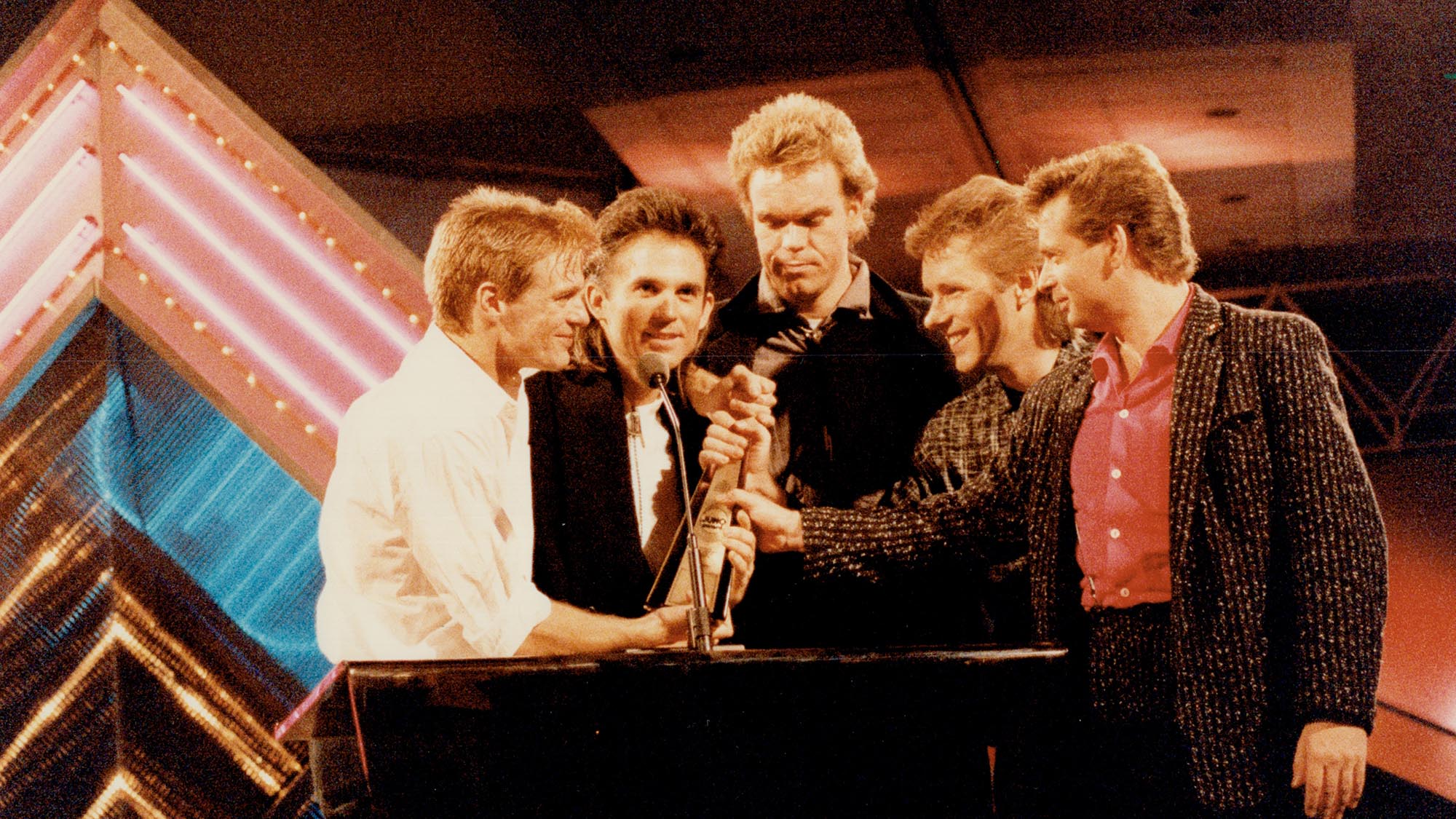
The song climbed to No. 5 in the Billboard Hot 100 chart and helped propel the Reckless album to the No. 1 position in the Billboard 200 chart in August 1985.
Summer Of ’69 fared less well in the UK where it peaked at No.42. But as Bryan Adams noted in Classic Rock: “Charts don’t matter. What matters is that the song is great. And it is. It proves that people who programme radio don’t always have their finger on what people want.”







